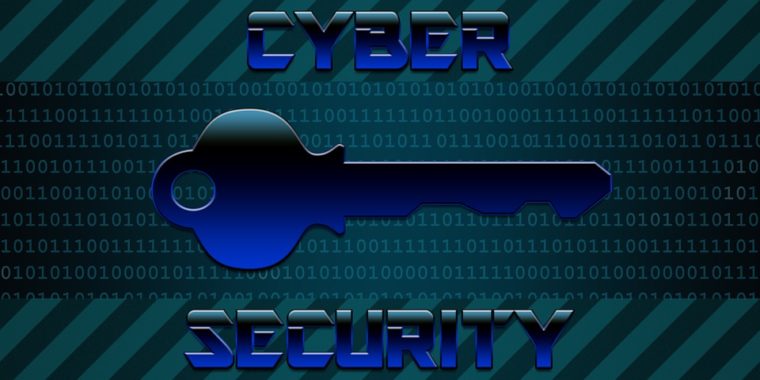
Two rather shocking predictions are worthy of note. According to industry analysts, cybercrimes are expected to cost $6 trillion annually worldwide by 2021… and 2019 could be the worst year yet for cyberbreaches.
Government portals are immediate targets for cyber terrorists. The valuable data available on public websites is all too tempting to hackers and cyber sleuths. Because government technology networks are old, protecting data is expensive and continual.
Two years ago, government officials responded to a survey and the results revealed that a large majority of governmental entities are significantly behind the curve regarding cybersecurity. Nearly half of the respondents had experienced some kind of cyberattack and some had endured several breaches. There is no argument that entirely too many government entities, particularly smaller ones, are ill-equipped to respond to or to prevent cyberattacks.
However, as the number of cyberattacks on government networks has increased, government executives have moved quickly to seek the funding required to keep citizen data secure. Budgets have increased and many government leaders have entered into collaborative engagements with private-sector firms. Because of the demand, higher education officials have focused on technology training for students who are needed to move into unfilled skilled government worker cyber-technology positions available in the U.S.
Interest in upgrading electronic voting systems is common throughout the country. The U.S. Department of Homeland Security revealed that more than 20 states were victims of hacking attempts on voter registration files or public election sites during the 2016 election.
 Alleged voting irregularities and suspected cyber vote tampering has created an urgency and many counties are trying to move to electronic voting systems. The U.S. House Homeland Security Committee this week is holding a hearing on election security and Congress is hopeful that such conversations will help expose common weaknesses in election security.
Alleged voting irregularities and suspected cyber vote tampering has created an urgency and many counties are trying to move to electronic voting systems. The U.S. House Homeland Security Committee this week is holding a hearing on election security and Congress is hopeful that such conversations will help expose common weaknesses in election security.
Officials in Pennsylvania have asked state lawmakers to issue bonds so that counties are able to purchase voting systems. The objective will be to install new machines, have audits after elections are held and develop emergency plans before the 2020 presidential election. The governor is lending his support for funding the plan.
Lawmakers in South Carolina are debating various types of voting machines. The election computer systems in place now throughout the state cost tens of thousands of dollars for maintenance alone. The state is contemplating the replacement of approximately 13,000 computers.
The city of Akron, Ohio, is still recovering from an attempted cyberattack in January. As a result of the event, the city’s 311 system was compromised and some online citizen interfaces had to be shut down while software updates were installed. The city is now seeking a long-term solution to cyberattacks.
The governor’s recent budget proposal in North Dakota provides funding for unifying the state’s cybersecurity efforts. His budget calls for $174 million in technology investments for 24 information technology projects across 19 agencies.
The Texas Department of Information Resources (DIR) has a pair of upcoming contracting opportunities related to information security. The agency’s cooperative purchasing program will soon issue a request for information (RFI) for Multi-Factor Authentication, which will securely grant access to computers and systems to authorized users. DIR plans to rebid its contracts for management of the State Data Center and will issue a request for offers (RFO) for security operations services in April.
Cybersecurity problems at the federal level of government are also creating numerous contracting opportunities. A contract for cybersecurity services on San Antonio’s Lackland Air Force Base is expected to be awarded in April 2020. The project will develop plans for a cybersecurity process and risk management for major weapons systems and computer networks for the Air Force.
The Texas Department of Public Safety’s Cybersecurity Division is seeking to replace and upgrade its current online cybersecurity training system. Officials want to purchase software with the capability of tracking an employee’s progress while being trained, provide reports, send and customize email notifications and regularly update content related to new cyber threats.
Cyberattacks will continue and the skills of those who would disrupt government through cybercrimes will only become more sophisticated. That’s not a positive thought but it is a reality that must be addressed. Firms with cybersecurity products and services will find government officials in all jurisdictions interested in hearing about their offerings.
